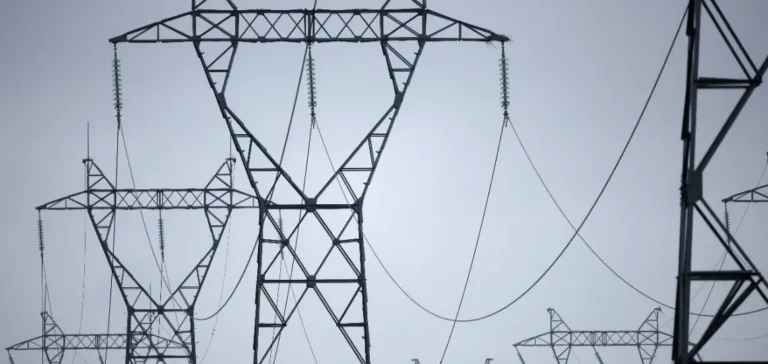The Commission de régulation de l’énergie (CRE), the independent authority supervising electricity and gas networks in France, has released a document addressing ten statements that circulated in the media in recent weeks. According to the CRE, several of these claims are either incorrect or lack precision, particularly regarding prices, subsidies and electricity production volumes.
Tariff increases deemed exaggerated by the CRE
The CRE rejects the claim that electricity bills have doubled in ten years, noting that such an increase is not reflected in national data. The authority also denies that the tariff for using public electricity networks (TURPE) is set to double, stating that its evolution is regulated and does not indicate such a surge.
Regarding the role of renewable energy in electricity price increases, the CRE confirms that renewables are not responsible for the rise in bills, contrary to common belief. It also dismisses the claim of a €300bn ($321.8bn) investment in renewable development, clarifying that no plan of that scale has been formally adopted.
Public support and market prices
The document does confirm, however, that public support for renewables will increase in 2025 under existing mechanisms. It highlights that the cost to the state depends on wholesale market prices: the lower these prices are, the higher the public support required to bridge the gap with guaranteed contract prices.
The regulator considers partially true the idea that renewable development necessarily entails higher public spending. It points to mechanisms such as tenders and contracts for difference, which allow financing to be adjusted depending on market conditions.
National production and grid logic
The CRE confirms that France currently produces more electricity than it consumes, but rejects the notion that this makes further renewable capacity unnecessary. The regulator stresses that surpluses are neither constant nor sufficient to secure long-term energy supply without new projects.
Finally, it refutes claims that the recent blackout in Spain was caused by solar overproduction. Available data indicate that other technical factors, independent of photovoltaic output, triggered the incident. The regulator plans to update this publication regularly as new public statements emerge.






















